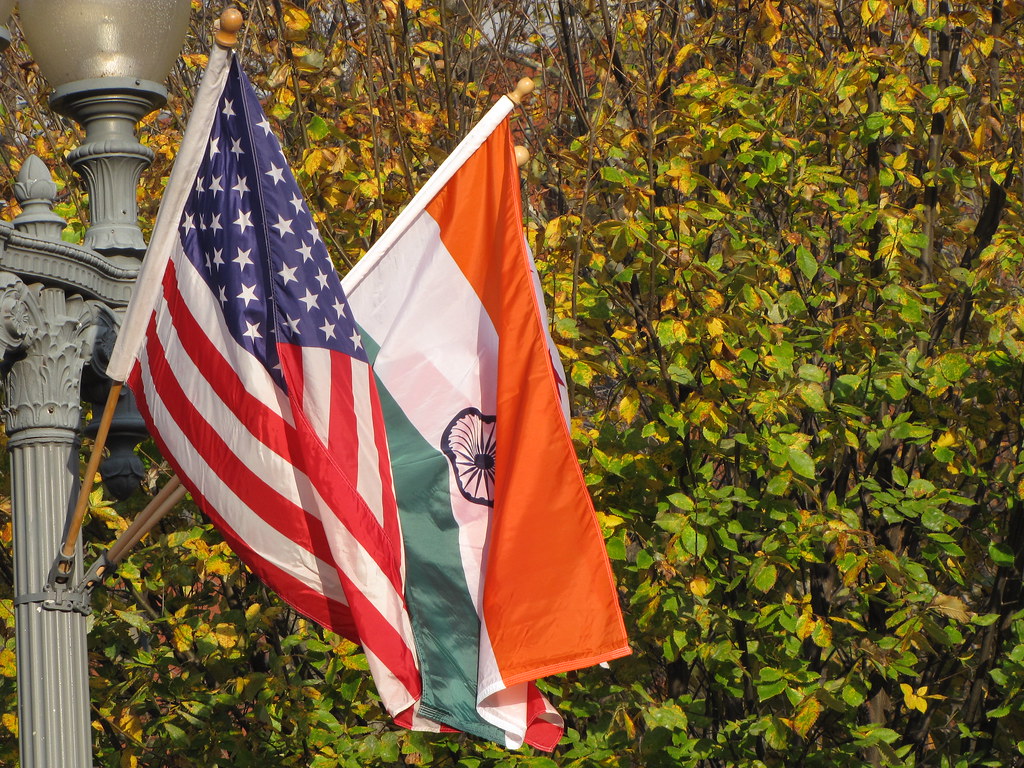
India has stated it is being “targeted” by the United States and the European Union for its imports of Russian oil. The country’s foreign ministry issued a statement late Monday in response to a social media post by U.S. President Donald Trump, who threatened New Delhi with “substantially” higher tariffs. The ministry explained that India only began importing oil from Russia after “traditional supplies” were diverted to Europe following the outbreak of the Russia-Ukraine war in 2022. The ministry highlighted what it sees as a double standard, pointing out that the nations criticizing India are themselves engaged in trade with Russia. It argued that unlike India’s situation, which it calls a “vital national compulsion,” such trade is not a necessity for them.
A Look at Bilateral Trade Figures
Trade data indicates significant commerce between Russia and both the EU and the U.S. The EU’s bilateral trade in goods and services with Russia stood at €84.7 billion ($98.1 billion) in 2024, with a 74% drop from 2021 levels. These figures are “significantly more” than India’s total trade with Russia, which reached a record $68.7 billion for the year ended March 2025—nearly 5.8 times higher than pre-pandemic levels. The U.S. also continues to import certain goods from Russia, including uranium hexafluoride, palladium, fertilizers, and chemicals. U.S. bilateral trade with Russia in 2024 stood at $5.2 billion, a decrease from nearly $36 billion in 2021, and the U.S. has not imposed “reciprocal tariffs” on Russia.
Justification for India’s Energy Strategy
Trump had also accused India of buying discounted Russian oil and “selling it on the Open Market for big profits.” India’s response clarifies that its imports are meant to ensure “predictable and affordable energy costs to the Indian consumer.” The country also noted that its decision to purchase Russian oil was initially supported by the U.S. Former U.S. Ambassador to India, Eric Garcetti, even stated that India bought Russian oil because “we wanted somebody to buy Russian oil.” India’s energy minister, Hardeep Singh Puri, confirmed this, stating that the U.S. “advised” them to buy Russian oil to help stabilize global energy prices, which would have otherwise soared. India’s former finance secretary, Subash Garg, suggested India should allow the threatened 25% tariff to take effect, noting that American consumers and importers would ultimately bear the cost.
What The Author Thinks
The public dispute between the U.S. and India exposes the complex and often contradictory nature of international relations, where national interests frequently override shared geopolitical goals. While the U.S. and EU have been outspoken in their opposition to Russia, they have also continued to engage in trade when it serves their own economic needs. This situation highlights how a country’s size and strategic importance, particularly in a global energy market, grant it a degree of autonomy to pursue its own interests. The idea that any one nation can dictate another’s trade policy seems outdated in a multipolar world where countries will always prioritize their own economic stability and national security.
Featured image credit: aquaview via Flickr
For more stories like it, click the +Follow button at the top of this page to follow us.
